India Hot Topics
As the flare-up continues, rocket attacks between Israel and Palestine restart.
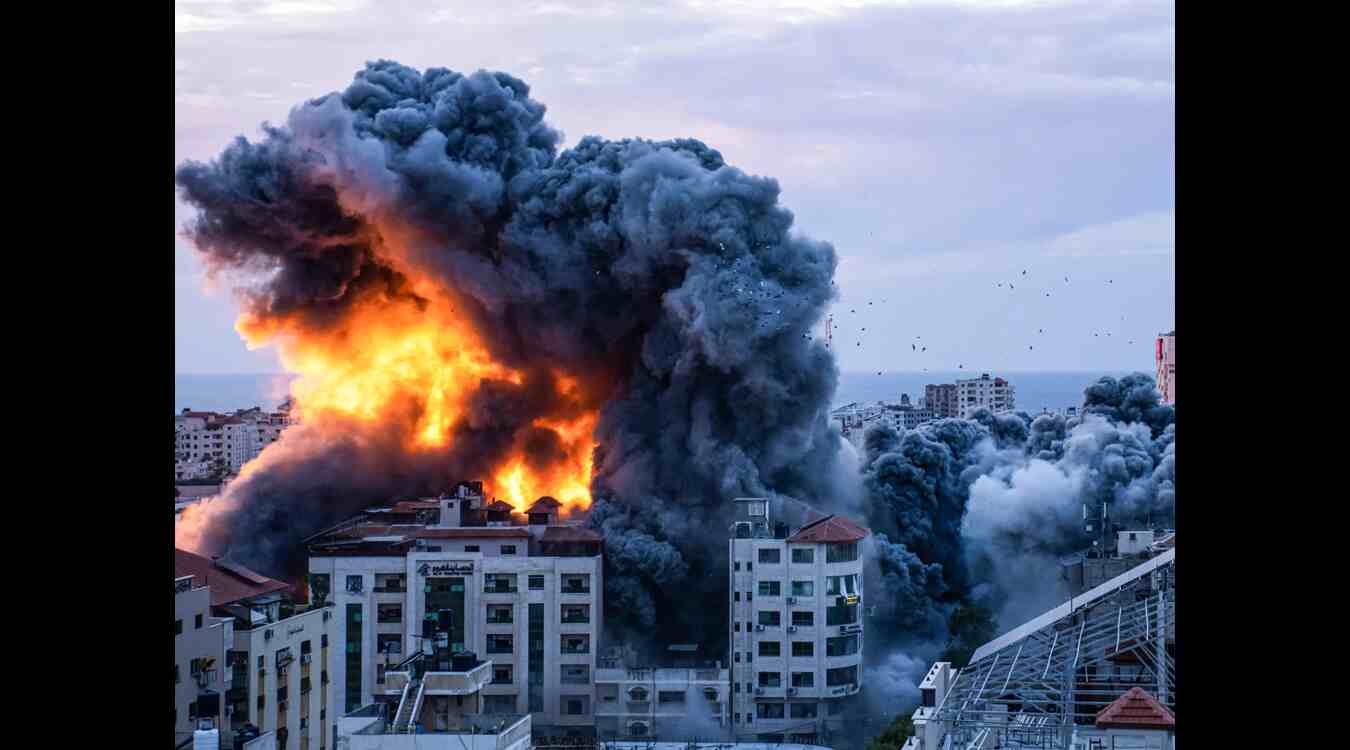
Introduction: The long-standing conflict between Israel and Palestine has been marked by periods of relative calm and moments of intense flare-ups. Unfortunately, recent events have led to a resumption of rocket attacks between the two sides, reigniting tensions and raising concerns about the potential consequences. In this blog post, we examine the current situation and delve into the implications of the renewed rocket attacks on both Israel and Palestine.
- Escalation and Renewed Hostilities: The resumption of rocket attacks highlights the fragility of the situation and the deep-rooted tensions that persist between Israel and Palestine. These attacks, often met with retaliatory strikes, risk further exacerbating the conflict and undermining any progress made toward peace. The cycle of violence perpetuated by such actions underscores the urgent need for diplomatic efforts to de-escalate tensions and find a sustainable resolution.
- Humanitarian Impact: Rocket attacks have severe humanitarian consequences for both Israeli and Palestinian civilians. Innocent lives are put at risk as rockets indiscriminately target populated areas, causing fear, displacement, and loss of life. The resumption of attacks renews the cycle of violence, compounding the suffering of people on both sides and exacerbating the already dire humanitarian situation in the region. It is crucial for international actors to address the urgent humanitarian needs and work towards a lasting ceasefire.
- Regional and International Implications: The rocket attacks between Israel and Palestine have broader regional and international implications. The conflict’s escalation can destabilize the entire region, straining diplomatic relations and potentially drawing neighboring countries into the fray. The international community must actively engage in diplomatic efforts to prevent further escalation and work towards a comprehensive and just resolution to the conflict. Only through dialogue and negotiations can a path towards lasting peace and stability be forged.
- Impact on Peace Process: The resumption of rocket attacks poses a significant challenge to the already fragile peace process between Israel and Palestine. Trust and confidence-building measures are undermined as violence escalates, making it increasingly difficult for both sides to engage in meaningful negotiations. It is imperative for all stakeholders to recommit themselves to the peace process, renew efforts to find common ground, and create an environment conducive to constructive dialogue.
- The Importance of Diplomatic Solutions: In times of heightened tensions, it is crucial to prioritize diplomatic solutions over military actions. The resumption of rocket attacks should serve as a stark reminder of the urgent need for meaningful dialogue and negotiation to address the core issues fueling the conflict. International mediation, supported by the United Nations and other regional organizations, is paramount in facilitating peaceful negotiations and promoting a sustainable resolution.
Conclusion: The resumption of rocket attacks between Israel and Palestine underscores the precarious nature of their long-standing conflict. The cycle of violence and its humanitarian consequences demand immediate attention from the international community. Diplomatic efforts must be intensified to de-escalate tensions, facilitate dialogue, and forge a path towards a comprehensive resolution. Only through dialogue, empathy, and a genuine commitment to peace can both Israelis and Palestinians hope for a future that is free from the devastating impacts of violence.
General News Platform – https://ihtlive.com/
Entertainment News Platforms – anyflix.in
Construction Infrastructure and Mining News Platform – https://cimreviews.com/
Podcast Platforms – https://anyfm.in/
India
Courts cannot interfere unless glaring case made out’: CJI Gavi’s remark on Waqf Act

The Indian Supreme Court (SC) is hearing petitions challenging the Waqf (Amendment) Act, 2025, which was enacted into law last month. Chief Justice BR Gavai stated that laws passed by Parliament are assumed to be constitutional, and courts cannot intervene unless there is a clear and serious problem. The apex court identified three key issues: Waqf by user.
The nomination of non-Muslims to the Waqf Council and state Waqf Boards, and the identification of government land as Waqf property. The Centre had assured it would not proceed on these matters until the case was settled. However, senior advocates Kapil Sibal and Abhishek Manu Singhvi, appearing for the petitioners, opposed this. Sibal argued that the Act.
Is designed to seize Waqf lands without due process, and that only a person who has practised Islam for at least five years can create a Waqf. Chief Justice Gavai responded that there is a presumption of Constitutionality in legislation passed by Parliament and that courts cannot interfere unless a glaring case is made out New Delhi, May 20: Chief Justice of India (CJI) D.Y.
Chandrachud, along with Justice B.R. Gavial, made a significant observation during a Supreme Court hearing regarding the constitutional validity of the Waqf Act, 1995. In a statement that could have far-reaching implications, Justice Gavial remarked that “courts cannot interfere unless a glaring case is made out. The remark came during the hearing of a petition that.
Challenged certain provisions of the Waqf Act, citing alleged violation of constitutional principles such as equality before law, secularism, and property rights. The petitioner argued that the Act conferred excessive powers on the Waqf Boards and allowed encroachment on private property under the pretext of religious administration Justice Gavai, while responding.
To the petitioner’s counsel, emphasized the constitutional limits within which the judiciary operates. “Every religious or charitable trust—be it Hindu, Christian, or Muslim—has its own framework under the law. Unless a glaring violation of constitutional rights is demonstrated, judicial interference would be unwarranted,” he stated The bench questioned whether.
The petitioner had established sufficient grounds to show that the Act was inherently discriminatory or arbitrary. “We are not here to sit in judgment over Parliament’s legislative competence unless it is shown that the law is manifestly unconstitutional,” CJI Chandrachud added The Waqf Act, 1995, governs the administration of waqf properties—assets donated for.
Religious or charitable purposes under Islamic law. The Act provides for the creation of State Waqf Boards to manage such properties and address related disputes. Over the years, it has been the subject of several legal controversies, particularly concerning land ownership and the scope of powers exercised by the Waqf Boards The petitioner contended that the Act enables.
Waqf Boards to unilaterally declare properties as waqf without due legal process, thereby infringing on the property rights of individuals. The counsel also cited instances where people discovered that their land was classified as waqf only during transactions or legal disputes Justice Gavai acknowledged that concerns regarding land ownership and procedural fairness.
Important but reiterated the need for clear constitutional breaches before striking down any law. “You may have individual grievances, but that does not automatically render the entire Act unconstitutional,” he said The court advised the petitioner to pursue remedies through civil courts in cases of disputed property classification. CJI Chandrachud remarked someone.
Land has been wrongly notified as waqf, they have the right to challenge it. But that is a matter of individual litigation, not a ground to annul the statute itself Legal.
- Group Media Publication
- Construction, Infrastructure and Mining
- General News Platforms – IHTLive.com
- Entertainment News Platforms – https://anyflix.in/
India
Sunny Doel was roped in for Jaap after this Tollywood actor declined it, reveals director

Director Gopichand Malignin disclosed in a recent interview that Jaap was not initially approached by Sunny Doel as an actor. This is his statement Tollywood filmmaker Gopichand Malignin’s first Bollywood film, Jaap, starring Sunny Doel, was first offered to another actor. He disclosed in an interview with TeluguOne that Nantaimori Balakrishna rejected his first pitch.
For the movie. (Also Read: Everything we know about Balakrishnan’s important part in Rajinikanth-Nelson Dilipkumar’s Jailer Sunny Doel in a shot from Jaap, the first Bollywood film directed by Gopichand Malignin Sunny Doel in a shot from Jaap, the first Bollywood film directed by Gopichand Malignin Balakrishnan was initially presented with Jaap The much.
Anticipated action drama Jaap has been generating significant buzz ever since veteran Bollywood actor Sunny Doel was announced as its lead. But in a recent revelation, the film’s director disclosed that Doel was not the first choice for the role. In fact, the role was initially offered to a leading Tollywood star who eventually turned it to the on down.
Speaking candidly in a promotional interview, director Rajeev Verme revealed, “The character of Jaap was envisioned as a rugged, emotionally complex figure with deep-rooted ties to justice and personal redemption. We originally approached Telugu superstar Rana Decubiti because of his towering screen presence and intense acting chops. Rana loved the script but had to.
Verme added that the casting team had a shortlist of actors who could embody the gritty charisma required for Jaap. “It wasn’t an easy role to fill. We needed someone who could carry the emotional depth while also delivering the kind of action that feels both raw and real. When Rana couldn’t come on board, we went back to the drawing board. That’s when Sunny sir’s.
Sunny Doel, known for his intense performances in iconic films like Ghazali, Gadara, and Border, was apparently enthusiastic about the role from the very beginning. Verma recalled, “When we approached Sunny sir, he immediately connected with the story. He said the character reminded him of the kind of roles he did in the early 2000s, but with a fresh narrative.
According to sources close to the production, Sunny Doel underwent a month-long physical transformation to get into the skin of Jaap. He also trained in a specific style of hand-to-hand combat choreographed by South Korean action directors. The film blends traditional Indian storytelling with an international cinematic style, something Verme believes Doel was able to.
The film, set against the backdrop of a fictional northern town gripped by political corruption and organized crime, follows Jaap, a former police officer who returns from exile to uncover the truth behind a string of mysterious murders tied to his past. With a layered screenplay and action set-pieces designed for the big screen, Jaap is expected to be one of major pan-India.
While fans of Tollywood might wonder what the film would’ve looked like with Rana Daggubati in the lead, Verma is confident that the right decision was made. “Everything happens for a reason. Rana was gracious and supportive even when he declined. But Sunny Deol has brought something rare to the character—something visceral and grounded.”
Jaap is slated for release later this year and will be available in Hindi, Telugu, Tamil, and Malayalam. With a power-packed star cast and a gripping narrative, the film promises to be a thrilling cinematic experience As for Sunny Doel, this could mark yet another high point in a career that continues to evolve, decades after his debut. Fans are already counting down.
- Group Media Publication
- Construction, Infrastructure and Mining
- General News Platforms – IHTLive.com
- Entertainment News Platforms – https://anyflix.in/
India
Pahalgam attack victim’s wife counters Congress leader’s claim: ‘Terrorists marked out non-Muslims, we saw it’

Pragati Jagdale, wife of Santosh Jagdale, one of the tourists killed in the April 22 Pahalgam terror attack, has appealed to leaders not to politicize the tragedy. Jagdale, an eyewitness and survivor, claimed that the terrorists came with a clear intention to kill and carried out the massacre cold-bloodedly. She urged all politicians, on humanitarian grounds, not to play with their emotions.
Jagdale also claimed that the terrorists had marked out non-Muslims and that they were haunted by the terror attack. She now hopes that with government assistance, her daughter Asavari will be able to rebuild her life. The Maharashtra government will give financial assistance of ₹50 lakh each to the families of six state residents killed in the Pahalgam terror.
In an emotional appeal, Pune resident Pragati Jagdale, who is an eyewitness and survivor, said, “Please don’t politicise the incident or play with our emotions. We were there. We know what the terrorists said. We have already shared their statements during the attack last week. Additionally, jobs will be given to the next of the kin of the slain tourists from Maharashtra.
Vijay Wadettiwar, the leader of the Congress Legislature Party (CLP), has criticized the notion that terrorists ascertained religion and killed people. He questioned the time it took for terrorists to whisper in someone’s ears, a controversial topic. Wadettiwar’s comments have sparked controversy, with ruling alliance leaders, including Devendra Fadnavis, condemning.
His statement. Fadnavis argued that Wadettiwar’s statement has exacerbated the pain of accusing him of undermining TO ALL the Pahalgam attack. The controversy has sparked calls for civil valour awards
On April 22, 2025, a devastating terrorist attack in Pahalgam, Jammu and Kashmir, claimed the lives of 26 individuals, predominantly tourists. In the aftermath, survivors and victims’ accusing him of undermining the victims’ experiences. families have provided harrowing accounts, asserting that the assailants targeted individuals based on their religion
Pragati Jagdale, whose husband Santosh was among the victims, recounted that the terrorists inquired about their religion before opening fire. She criticized political leaders, particularly from the Congress and NCP (Sharad Pawar faction), for casting doubt on survivors’ testimonies, urging them not to politicize their trauma. “Please have some humanity. You are also one of us,” she implored, emphasizing the need for empathy over political discourse.
Similarly, Ashanya Dwivedi, the widow of victim Shubham Dwivedi, shared that her husband was shot after identifying himself as Hindu. She highlighted that the assailants’ questioning provided others a chance to escape, and she has since appealed for her husband to be recognized as a martyr In response to the controversy, the Congress party clarified that.
Thimmapur’s statements do not reflect its official stance, distancing itself from the remarks. Contradicting these accounts, Karnataka Congress minister T.B. Thimmapur expressed skepticism about the attackers’ motives, suggesting that attributing religious intent might be an attempt to divert attention from security lapses. His remarks sparked backlash, with critics
In response to political figures questioning these accounts, Pragati Jagdale, whose husband Santosh was among the victims, condemned such skepticism. She urged leaders to refrain from politicizing the tragedy, emphasizing the authenticity of survivors’ testimonies The incident has intensified national outrage and calls for justice, highlighting the need for empathy and.
The incident has intensified discussions on the importance of acknowledging victims’ the victims’ experiences. families who lost loved ones in the Pahalgam attack. The controversy has sparked calls for civil valour awards and government jobs for families of Pahalgam victims accusing him of undermining the victims’ experiences. narratives and ensuring that political.
- Group Media Publication
- Construction, Infrastructure and Mining
- General News Platforms – IHTLive.com
- Entertainment News Platforms – https://anyflix.in/
-
Tech5 months ago
Best Zebronics Bluetooth speakers you can buy today for an unmatched audio experience
-

 India2 years ago
India2 years agoNew Season 8 The Walking Dead trailer flashes forward in time
-
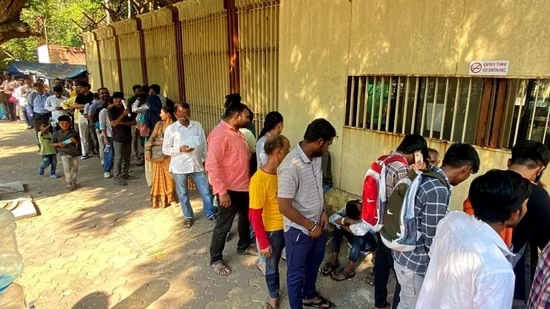
 India2 years ago
India2 years agoThe afternoon briefing revealed that 97.26% of the ₹2000 notes were returned, and the Israeli Prime Minister committed to war goals.
-

 World1 year ago
World1 year agoMichigan splash pad attack: A couple was shot seven times in total while defending their two small daughters.
-
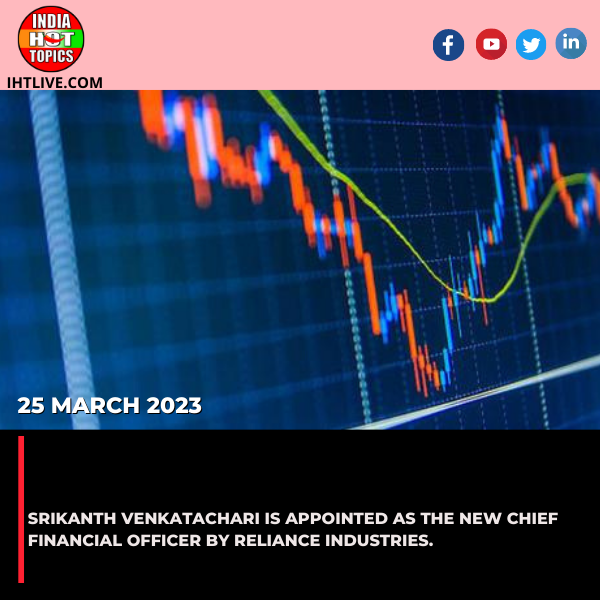
 India2 years ago
India2 years agoSrikanth Venkatachari is appointed as the new chief financial officer by Reliance Industries.
-
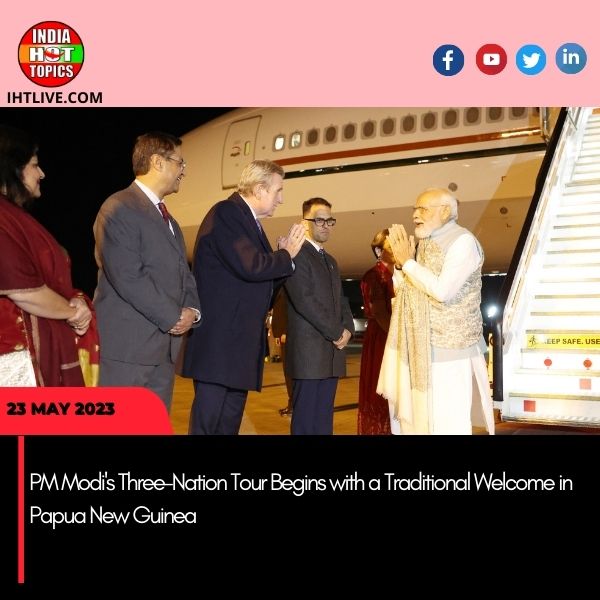
 India2 years ago
India2 years agoPM Modi’s Three-Nation Tour Begins with a Traditional Welcome in Papua New Guinea
-
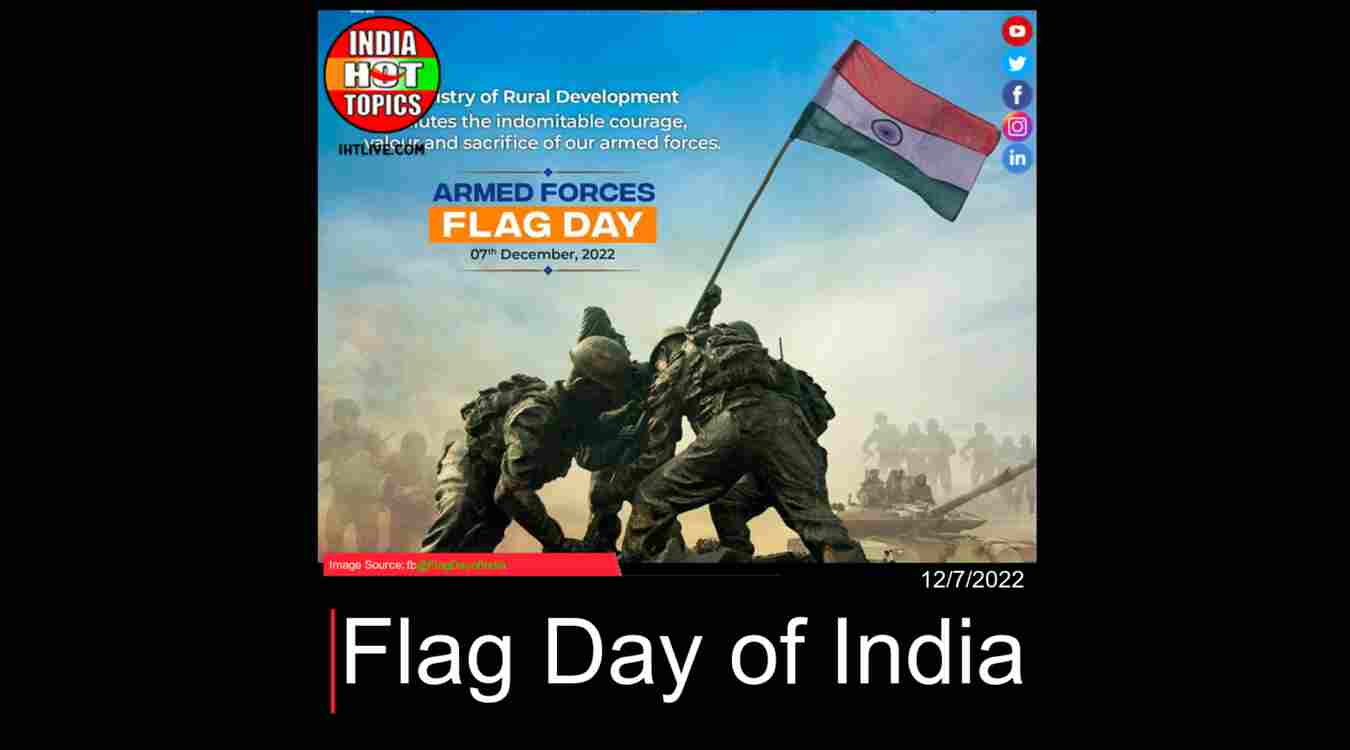
 Special 365 days3 years ago
Special 365 days3 years agoFlag Day of India
-

 India8 years ago
India8 years agoThe 9 worst mistakes you can ever make at work








.jpg)
.jpg)
%20(1).jpg)